COVID-19 Resources for Low and Middle Income Countries
The guidance documents and fact sheets about COVID-19 available on this page are designed to provide practical information and strategies to respond to the COVID-19 outbreak for people living in low- and middle-income countries who have found that much of the guidance developed by global health researchers has not:
- provided clear information about the virus itself or an explanation why certain infection control measures have been implemented;
- reflected the social, economic, or household realities for people outside of North America and Europe, and
- offered information or suggested actions that individuals and local household find helpful.
Working in collaboration with collaboration with faith-based and civil society partners, both here in the United States and globally, the Interfaith Health Program has developed the following documents that reflect sound public health practice while trying to be relevant to different cultural contexts.
COVID-19 Resources for Low and Middle Income Countries
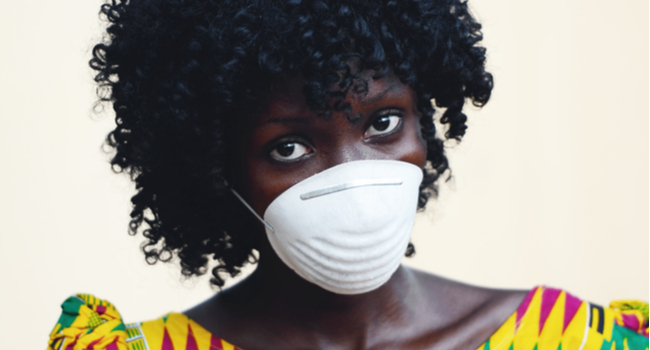
Individual Infection
Control
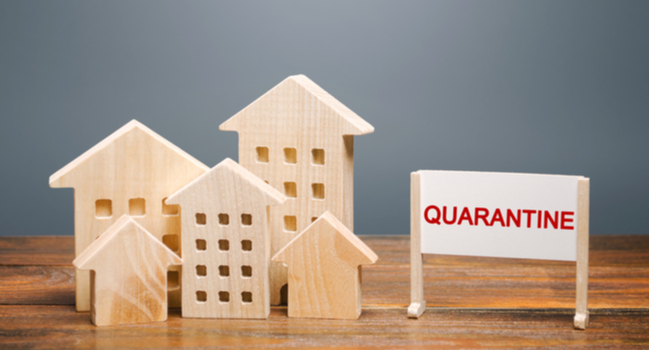
Guidance for Household Level Infection Control
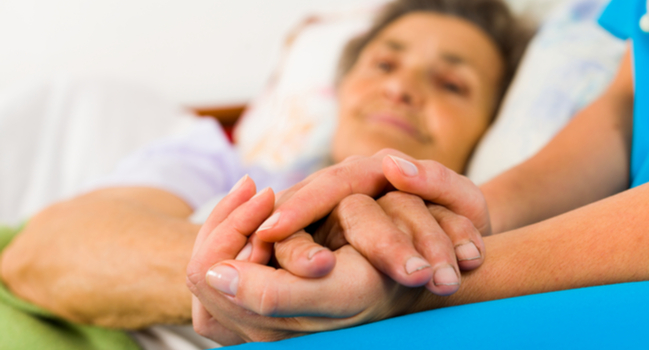
Caring for Those
With Symptoms

Handwashing
Guidance
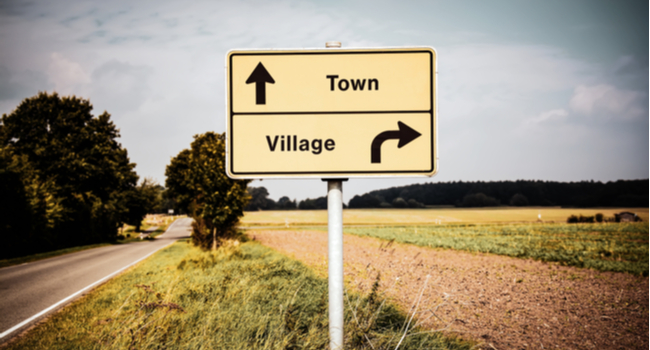
Guidance for Moving
Between Urban and Rural Areas

How to Make a
No-Sew Mask
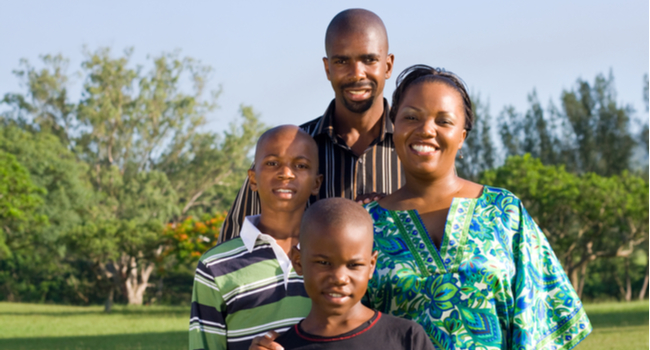
Everybody Doing Their Part:
Families Caring for Each Other in Their Households

Our Faithful Response:
Caring For Those in Need in the Community

Infection Control in Rural Areas: Caring for Livestock and Compound Animals
These documents are a collaborative effort. The Interfaith Health Program gratefully acknowledges the feedback and/or contributions of colleagues from Kidogo (Kenya); Foster-America (US); the Eastern Deanery AIDS Relief Program (Kenya); Saint Paul’s University (Kenya); FOCUS 1000 (Sierra Leone); icddr,b (Bangladesh); the Child Health and Mortality Prevention Surveillance (CHAMPS) team in Ethiopia; the Child Health and Mortality Prevention Surveillance Program (CHAMPS) team in South Africa; the Centro de Investigação em Saúde de Manhiça (Mozambique); the World Council of Churches (Ecumenical HIV/AIDS Initiatives and Advocacy Office), United Methodist Committee on Relief (US), the Morehouse School of Medicine (US), UNAIDS (Nigeria Country Office), and Guilford College (US).
